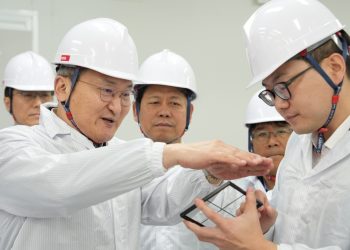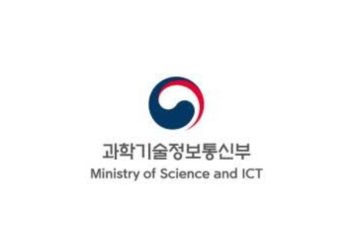South Korea is set to commercialize its air taxi services by 2025. Commercialization of air taxis is expected to free up hefty traffic from roads and also make travel convenient in big cities.
The South Korean government has revealed their long-term plan to strengthen the country’s declining economy. As per the ‘new growth 4.0 strategy’, achieving dozens of technological advancements is going to be the government’s priority.
Certain key areas have been marked for development. This includes the facilitation of the 6G network, focused space exploration, nuclear energy, robot, drone delivery services and steep growth in AI applications in the coming years.
More carbon-free and autonomous ship carriages were also highlighted. Additionally, fast-paced South Korean content development at both national and international levels has been made part of the plan.
Fueled on electricity, the flying taxis are designed to be renewable and eco-friendly. The government expects a popularization of automated transportation with surging technological innovations in the coming period.
In 2022, a UAM aircraft performance test station was sorted out for the first phase of air taxi testing and demonstration purposes in Goheung County. The next phase of the UAM roadmap comprises the commencement of testing of city-based flying vehicles by 2024.
Major South Korean companies are looking at the technological future. Companies like SK Telecom, LG Uplus and Hyundai Motor have begun their quest for UAM leadership. About 7 consortiums have been registered for the first stage ability demonstration in the K-UAM Grand Challenge, a competition-type demonstration for air taxi companies led by the Ministry of Land, Infrastructure and Transport.
Hyundai Motor, one of the consortiums, will join hands with its E&C counterpart and KT Corp. for checking the connection between mobility platforms. Testing of the UAM traffic management system will be KT’s job. It is also going to keep an eye on telecommunication as well as platforms involved in data sharing.
Other consortiums SK Telecom, Hanwha Systems and Korea Airports will partner for the quality verification process. Similarly, Hyundai will do a verification of buildings for vertiports, a type of launch base designed for aircraft that take off and land vertically.
Most of the testing operations will be under LG Uplus, Kakao, GS E&C and UK’s Vertical Aerospace wing. Furthermore, LG Uplus has forged a deal with Busan Metropolitan City which makes it responsible for the commercialization of air taxi services in Busan, a Southern port city by 2026.
The passed consortiums will go for stage 2 demonstrations which will largely test the suitability of the model in urban-like environments between July 2024 to June 2025. Seoul-based K-UAM will witness demonstrations varying in 3 particular categories – UAM aircraft, air traffic management and vertiport.
Nations such as the US, UK, Germany, Canada, and France have the identical air mobility motto for 2024. The latest air taxi commercialisation project marks the entry of South Korea in rapidly increasing strife in UAM businesses. According to the Ministry of Land, Infrastructure and Transport, more local corporations should step up to fill in the newly created space.
Superior 5 G-based UAM traffic management, integrated operator systems and simulators are the deciding factor for many overseas companies for laying out South Korean testing stations. For instance, US-based Joby Aviation, a top venture-backed aviation company is scheduled to fly its UAM aircraft over South Korea and participate in the Korean UAM Demonstration Project at the same time.
Back in January, Won Hee-ryong who is the present Minister of Land, Infrastructure and Transport boarded a Joby S4 aircraft model at CES 2023 event in Las Vegas, US. From Canada’s Jaunt to Germany-based AutoFlight, a series of international aviation groups are interested in accompanying the South Korean UAM Demonstration Project.
This year SK Telecom, Tmap Mobility, Hanwha Systems, and the Korea Airports Corp. signed an MOU (memorandum of understanding) with the ministry as a commitment towards usage of contemporary transportation. South Korea is looking to multiply the growth of UAM vehicles, especially air taxi services and deliver their ideas at the World Expo 2030 in Busan.







